ANTD.VN - This is a content proposed by the Ministry of Finance in the draft Law on Value Added Tax (amended) which is being widely consulted by the Ministry.
formation, the Ministry of Finance said that Clause 3a, Article 5 of the current Law on Value Added Tax (VAT) stipulates that fertilizers are not subject to VAT.
However, in the process of implementing the above regulations, fertilizer production enterprises have proposed to amend this regulation because enterprises are not allowed to declare and deduct input VAT of goods and services (including investment activities, purchasing fixed assets for fertilizer production activities but must calculate it into product costs, causing prices to increase and profits to decrease, making them disadvantageous in competing with imported fertilizers.
At the same time, due to difficulties in capital sources, businesses are not proactive in investing and expanding production.
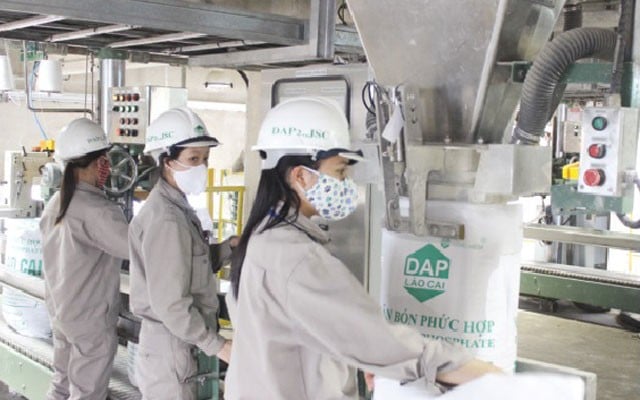 |
Ministry of Finance proposes to transfer fertilizer to be subject to 5% value added tax |
Along with the proposal of fertilizer manufacturing enterprises, the Ministry of Finance also received a proposal from the Ministry of Industry and Trade , the Fertilizer Association also reflected the difficulties of fertilizer manufacturing enterprises and proposed to transfer fertilizer to the subject of VAT at a tax rate of 5%.
Government leaders also issued many documents directing the Ministry of Finance to study and amend VAT policies to remove difficulties for fertilizer production projects.
Many provincial/municipal National Assembly delegations also sent petitions to the Minister of Finance requesting amendments to the VAT policy on fertilizers.
Along with that, the Government has reviewed the system of legal documents, including concerning to change fertilizer products from non-VAT-taxable items to VAT-taxable items at a rate of 5%.
According to the Ministry of Finance, international experience shows that fertilizer is a commodity serving agricultural production, so the VAT policy (or goods and services tax, sales tax) of many countries is designed to be more preferential than other common commodities.
Governments of many countries have adopted policies and support programs in various aspects to facilitate and promote fertilizers in the development of the fertilizer industry, in which tax support policies are also a commonly used tool.
However, the design of the countries is also very different. Some countries do not collect VAT/sales tax on fertilizers (Lan, Laos, Myanmar, Philippines, Pakistan, USA...). Some countries collect VAT/sales tax on fertilizers but at a lower tax rate than the general tax rate (China, Romania, Croatia, India...).
Therefore, in order to both promote the domestic fertilizer industry to compete with imported fertilizers and achieve the goal of narrowing down the subjects not subject to VAT, the Ministry of Finance submitted to the Government a regulation to apply a VAT rate of 5% to fertilizers at Point b, Clause 2, Article 9 of the draft Law.
Source link







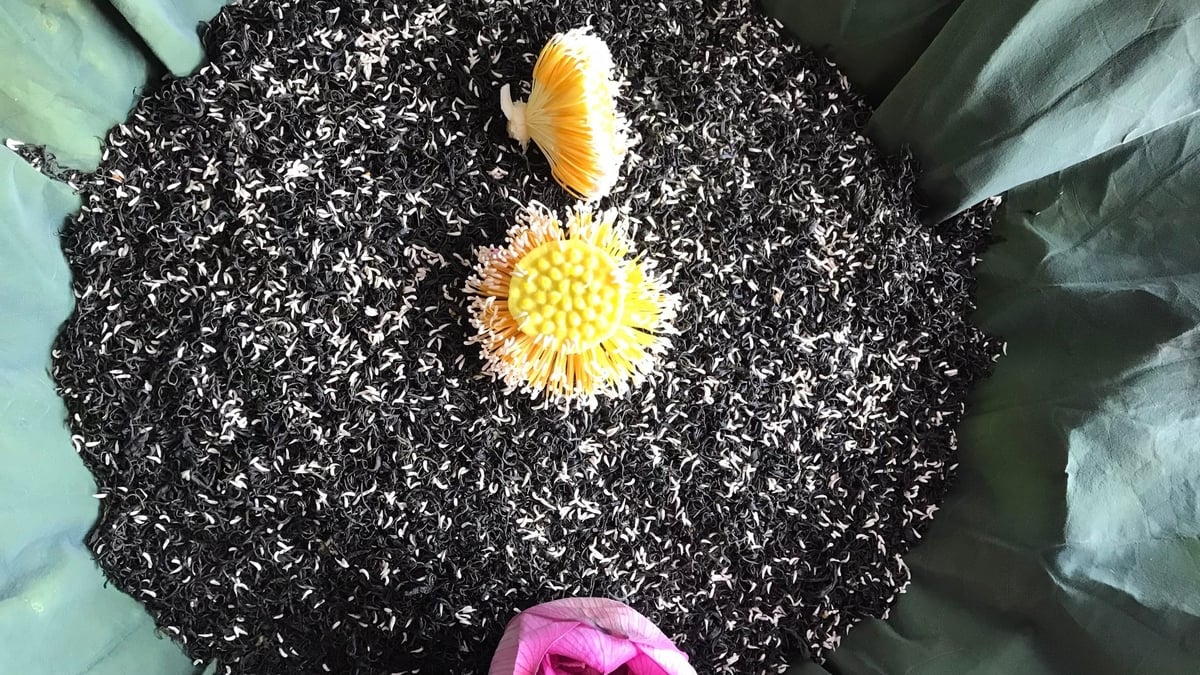
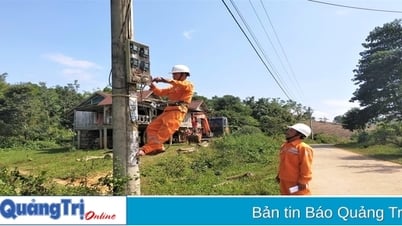





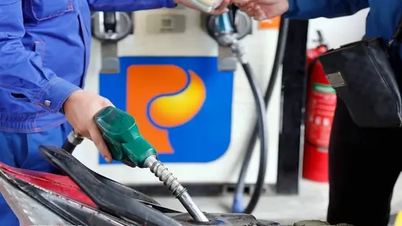



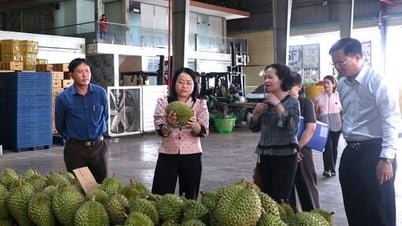
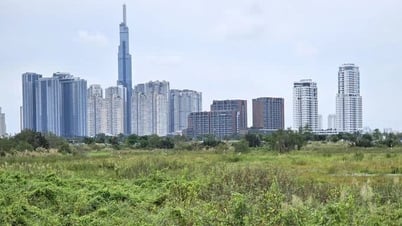

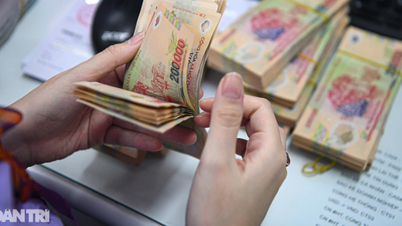

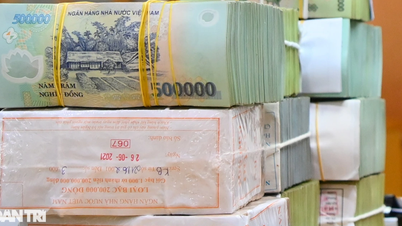
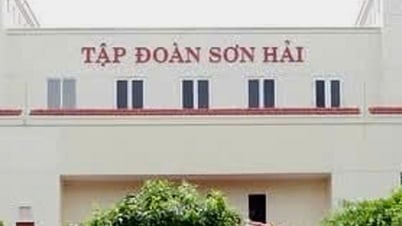








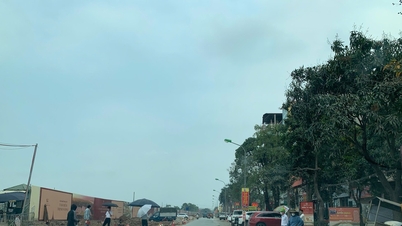
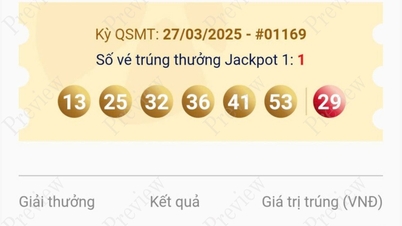

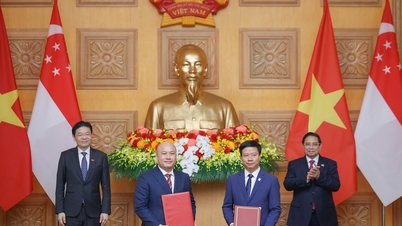



























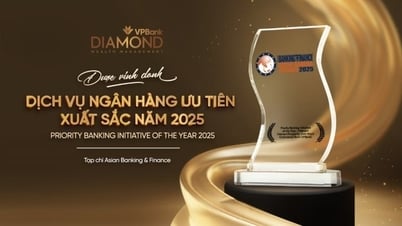
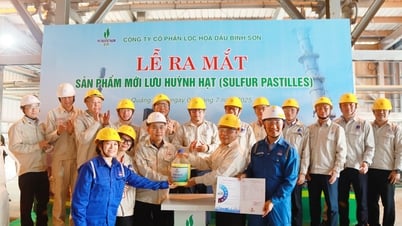





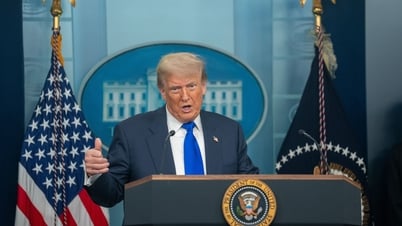
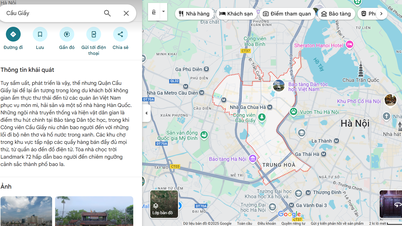





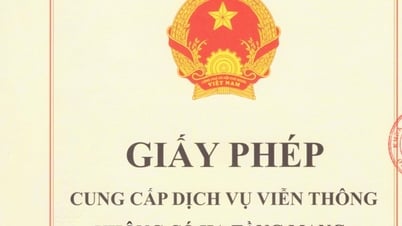


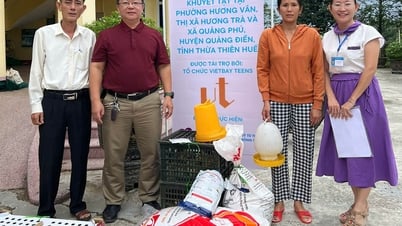

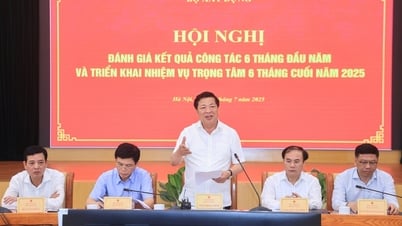
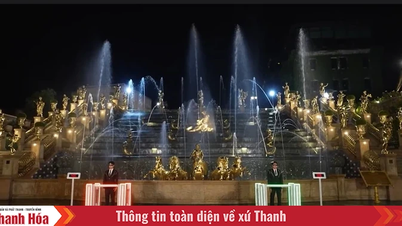


















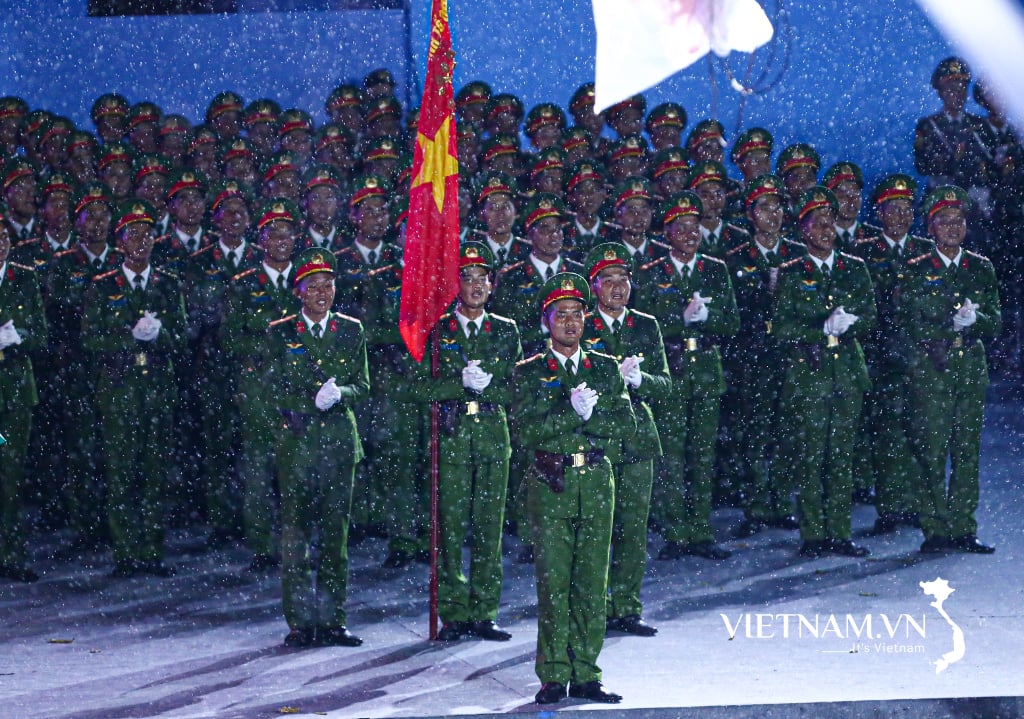
Comment (0)